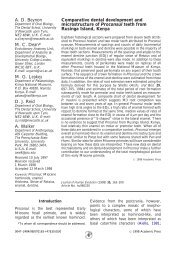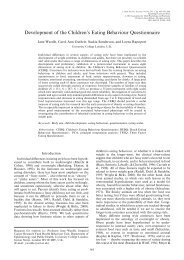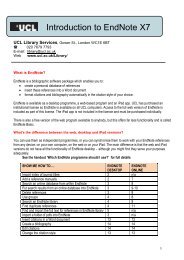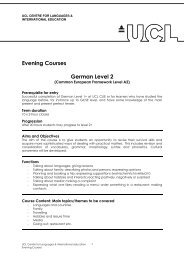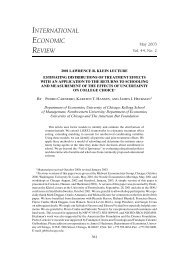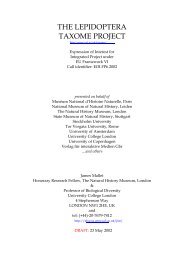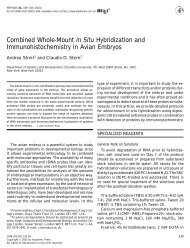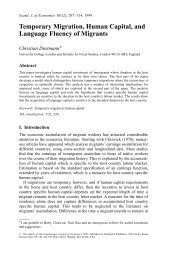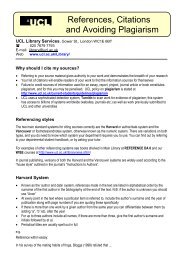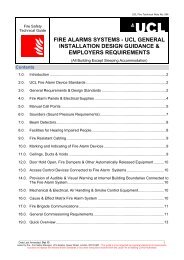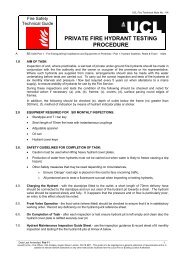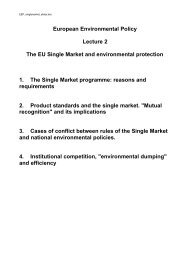The Ambitions of Contract as Promise Thirty Years On ... - UCL
The Ambitions of Contract as Promise Thirty Years On ... - UCL
The Ambitions of Contract as Promise Thirty Years On ... - UCL
Create successful ePaper yourself
Turn your PDF publications into a flip-book with our unique Google optimized e-Paper software.
<strong>Ambitions</strong> <strong>of</strong> <strong>Contract</strong> As <strong>Promise</strong> 24 August 2012 discussion draft: do not quote or reproduce without permission<br />
the antiformalist realist school, while formalism is <strong>as</strong>sociated with Williston,<br />
who is in turn <strong>as</strong>sociated with the will theory <strong>of</strong> contracts.)<br />
Schwartz and Scott deftly untangle this skein <strong>of</strong> apparent contradictions in<br />
a way that bears a similarity to what I have suggested above in respect to<br />
remedies doctrine. 57 Parties considering the matter ex ante will <strong>of</strong>ten have<br />
re<strong>as</strong>on to limit what evidence a court may look to in determining what were their<br />
contractual intentions. For instance, trials in which all evidence that may bear<br />
on the question <strong>of</strong> what were the parties true intentions, trials in which the full<br />
truth <strong>of</strong> their states <strong>of</strong> mind is plumbed, would in most c<strong>as</strong>es be long and costly.<br />
<strong>The</strong> four corners and parol evidence rules, in addition to limiting introduction <strong>of</strong><br />
mounds <strong>of</strong> evidence, <strong>of</strong>ten allow a decision on summary judgment.<br />
Furthermore, since extrinsic evidence <strong>of</strong> intention is <strong>of</strong>ten ambiguous and/or<br />
contradictory, limiting what the judge and trier <strong>of</strong> fact may look to gives the<br />
parties greater <strong>as</strong>surance against surprising and anomalous decisions by<br />
decision-makers with unexpected dislikes and predilections.<br />
But this argument stinks in the nostrils <strong>of</strong> those who view contract <strong>as</strong> a<br />
moral institution and courts <strong>as</strong> instruments in the search for truth; on such a<br />
view, considerations <strong>of</strong> cost and efficiency are no more appropriate in the<br />
56 U.C.C. §§ 2-202, 2-208 (2003).<br />
57 See Schwartz & Scott, <strong>Contract</strong> <strong>The</strong>ory, supra note 50, at 587–90.<br />
28




